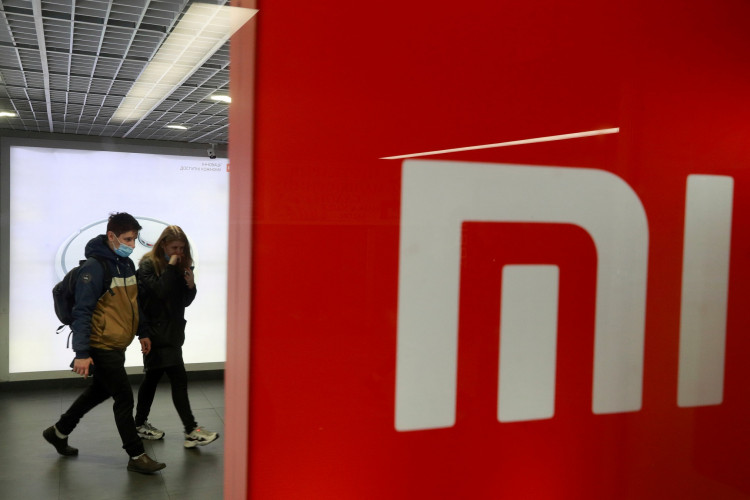Chinese tech giant Xiaomi is focusing on improving its retail store sales in India, seeking to outperform rival Samsung in the country's smartphone market, according to Manu Jain, head of Xiaomi India. This shift comes after years of significant investment in e-commerce platforms.
Xiaomi, along with other smartphone companies, has seen substantial expansion in one of the world's fastest-growing markets, which hosts 600 million smartphone users. This growth is largely due to the surge in sales on e-commerce platforms like Amazon India and Flipkart. Despite online sales currently accounting for 44% of total smartphone sales in India, the physical market remains larger and Xiaomi expects it to continue growing.
Jain noted in an interview that Xiaomi's offline market presence is significantly weaker than its online presence, with competitors holding more substantial shares in the physical market. Data reveals that only 34% of Xiaomi's sales this year came from retail stores in contrast to Samsung's 57% store sales.
Xiaomi plans to expand its physical store network and diversify its product offerings to include items such as Xiaomi televisions and security cameras, which face less competition, Jain indicated. The company also aims to hire more store personnel to introduce and recommend its smartphones to potential buyers. Jain mentioned that Xiaomi plans to double its sales staff from its early-2023 levels to 12,000 by the end of next year.
Since its entry into India in 2014, Xiaomi quickly rose to prominence, becoming the leading smartphone brand by the third quarter of 2018. However, recent months have seen Xiaomi's market share in India drop to 16%, due to a significant decline in sales of low-end devices, allowing Samsung to surpass it with a 20% share.
Despite Xiaomi's continual efforts towards localizing its operations in India since its market entry, the company has faced numerous obstacles. In 2015, Xiaomi began partnering with Foxconn to manufacture devices locally. But in June 2020, the Indian government banned hundreds of China-related apps, including Xiaomi's community and browser apps. Shipments from Xiaomi's home country have also been frequently detained at Indian ports for stringent checks. Furthermore, the Indian government laid out several new requirements in June this year, such as a stipulation that CEO, CFO, COO, and CTO roles at China-based smartphone manufacturers operating in India should be filled by Indian nationals.
Another major challenge for Xiaomi came last year when the Indian government froze $673 million of Xiaomi's bank assets, alleging illegal remittances to foreign entities under the guise of franchise fee payments. Xiaomi denied these charges but its request to unfreeze these assets was rejected by an Indian court in April. Despite these challenges, Jain remained optimistic, stating that the company's stance would eventually be heard and validated.





